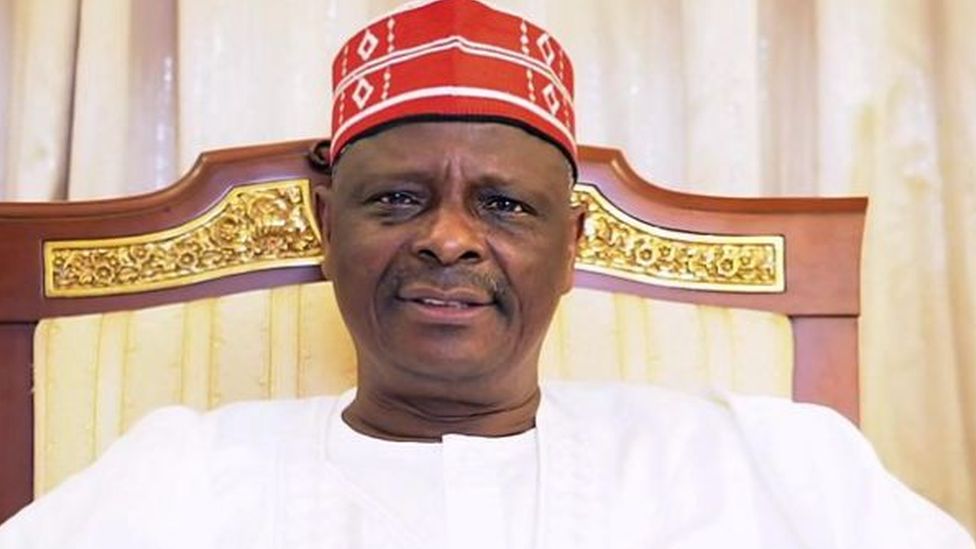Senator Rabiu Kwankwaso, the national leader and presidential flagbearer of the New Nigeria Peoples Party (NNPP) for the 2023 elections, has made significant statements regarding the political landscape in Nigeria, particularly criticizing the Peoples Democratic Party (PDP) and the All Progressives Congress (APC). In a recent National Executive Committee meeting, Kwankwaso labeled the PDP a “dead party,” citing its internal divisions and diminished influence. He argued that the PDP’s disintegration is evident, as it has become less relevant amidst ongoing challenges. He conveyed optimism about the NNPP’s prospects, asserting that it remains the fastest-growing political movement in Nigeria, poised to present itself as a viable alternative to the ruling parties.
Kwankwaso elaborated on the current realities that Nigeria faces, highlighting issues such as escalating insecurity, widespread poverty, and hunger. He criticized the APC for being out of touch with the citizens’ realities, asserting that the party’s leadership appears disconnected from the pressing concerns affecting the populace. Kwankwaso’s statements underscore the belief that the APC has performed poorly in addressing these critical issues, which have left many Nigerians feeling disillusioned and disenfranchised. His remarks emphasize the dissatisfaction among voters regarding the nation’s governance and the urgent need for political alternatives that genuinely reflect the people’s needs and aspirations.
During the meeting, Kwankwaso expressed gratitude for the unwavering support from NNPP members, reinforcing his confidence in the party’s future. He acknowledged the difficulties faced by the party but stressed that these challenges have not hindered its growth trajectory. Kwankwaso’s assertion about the party’s vitality and potential underlines a strategy aimed at galvanizing supporters and attracting new members who feel alienated by the existing political parties. His narrative portrays the NNPP as a beacon of hope in a politically fragmented environment, offering a fresh perspective to counter the status quo.
The sentiments voiced by Kwankwaso were echoed by the NNPP National Chairman, Dr. Ajuji Ahmed, who called for unity among Nigerians to advocate for righteousness and collective progress. Ahmed’s focus on prioritizing ethical governance reflects a broader call for responsibility and transparency in the political sphere. This sentiment aligns with the NNPP’s foundation, which seeks to position itself as a moral compass in Nigerian politics, particularly in light of the ethical lapses observed in established parties. The call for unity is particularly relevant in a society striving for purposeful engagement in the face of adversities.
Furthermore, the National Secretary of the NNPP, Dipo Olayoku, highlighted the importance of grassroots involvement, urging party members to engage actively in local government elections. This engagement is seen as a strategic move to enhance the party’s visibility and strengthen Nigeria’s democratic processes. Olayoku’s remarks emphasize the significance of local governance as a conduit for fostering democracy and creating a direct link between citizens and their elected representatives. Such active participation is framed as an avenue for instilling accountability and addressing the diverse needs of the communities.
As part of the party’s internal reforms, Olayoku recounted the recent ratification of the NNPP’s new constitution, logo, slogan, and flag during the last NEC meeting, ensuring alignment with national electoral regulations and the various legal frameworks governing political parties in Nigeria. This proactive approach reflects the NNPP’s commitment not only to maintaining legal compliance but also to adapting to the evolving political landscape. By reinforcing its organizational structure and emphasizing adherence to democratic principles, the NNPP aspires to establish itself as a credible player in the Nigerian political arena, ready to tackle the multifaceted challenges facing the nation while advocating for the will of the electorate amidst tumultuous circumstances.


